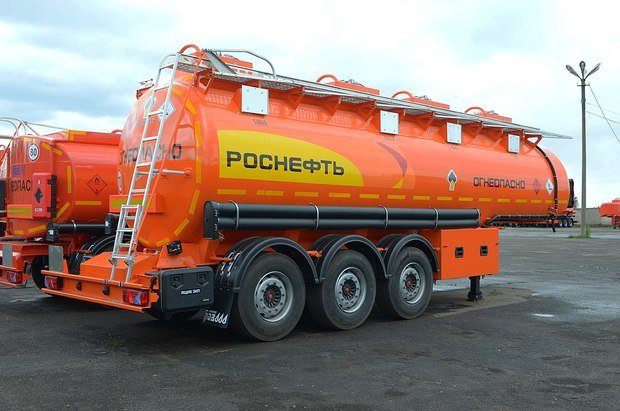Russian oil majors ''working on mitigating new sanctions risks''
An annual renewal of contracts between Russia's oil producers and Western buyers is not going smoothly this year, as Russian companies want to protect their business from the impact of possible sanction tightening, while their partners do not agree to tougher terms. Meanwhile, more and more Russian oil goes to Asia instead of Europe.
Russian energy companies are negotiating with Western oil buyers for using euros instead of dollars for payments and introducing penalty clauses in contracts, claims Reuters citing multiple industry sources. According to these sources, several Western oil majors and trading houses reported unusually tough annual renegotiations with Gazprom Neft and Surgutneftegas over 2019 oil sales contract terms. The Russian companies clashed with their partners over penalties and the possibility of replacing the dollar by the euro or another currency in contracts.
Earlier last week, Reuters announced that the key Russian oil producer, Rosneft, expected Western oil buyers to pay penalties from 2019 in case new US sanctions disrupted sales. ''It is part of the same trend – the Russian oil industry is working on mitigating new sanctions risks,'' commented an unnamed Western oil buyer source involved in negotiations. He added that the buyers refused to carry those risks, so the partners were trying to find compromises.

Meantime, Asia has overtaken Europe as Rosneft's main export market this year. In January-September 2018, Russia's largest oil company supplied 43,1 million tonnes of oil to Asian buyers and 41 million tonnes to European countries. In the third quarter alone, 48% of Rosneft's total export volume was sent to Asia, while Europe received only 40%.
The importance of the Asian market for Russian oil has been growing since 2003, but in 2017, Europe still imported 65,3 million tonnes of oil from Rosneft versus 47,7 million tonnes for Asia. China, which is the major Asian buyer of Rosneft's oil, is supposed to receive about 50 million tonnes this year, compared to 40 million tonnes in 2017.
Industry analysts surveyed by Russian Vedomosti news outlet confirm Rosneft's increased focus on long-term supply deals and joint extraction ventures with Chinese and Indian companies. In recent years, the Russian oil producer has extended cooperation with China National Petroleum Corporation and CEFC China Energy. A decrease in European oil consumption is caused by renewable energy development and transition to a service-driven economy.